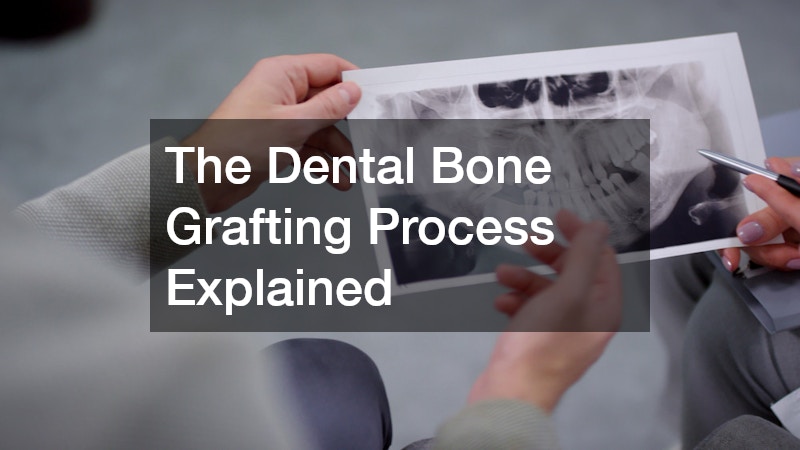Cavities, also known as dental caries, are a common oral health issue that can lead to significant discomfort and further dental complications if left untreated. The early detection and treatment of cavities are crucial to maintaining optimal oral health and preventing more severe dental problems. Dental professionals, like those in Bridgewater NJ, play a vital role in diagnosing and treating cavities effectively to preserve the health and integrity of their patients’ teeth.
What Methods Do Dentists Use to Diagnose Cavities?
Visual Examination by Dentists in Bridgewater NJ
Dentists in Bridgewater NJ will typically begin the cavity diagnosis process with a thorough visual examination of the patient’s teeth. This involves looking for signs of decay such as discoloration, pits, and other surface irregularities that may indicate the presence of a cavity.
Regular dental exams allow dentists to spot early signs of decay that might otherwise go unnoticed by patients.
Visual inspections are a fundamental part of diagnosing cavities, but they often need to be supplemented with other diagnostic tools to identify less obvious issues. Dentists Bridgewater NJ utilize their extensive training to discern even subtle indicators of dental caries during these exams. Additionally, maintaining regular appointments with a dentist allows for continuous monitoring, leading to earlier interventions and more conservative treatments.
While visual examination is essential, it may not always reveal cavities located in areas that are difficult to see, such as between teeth. This is where additional diagnostic tools become crucial for comprehensive evaluation. Combining visual inspection with advanced technologies ensures that any hidden cavities are promptly detected and addressed.
Use of Dental X-rays in Bridgewater NJ
Dental X-rays are a valuable diagnostic tool that enables dentists to detect cavities that are not visible through visual examination alone. Dentists in Bridgewater NJ leverage X-rays to examine the areas between teeth and under existing fillings where decay often develops undetected. This imaging technology provides a detailed view of the tooth structure, aiding in the early identification of cavities and facilitating timely treatment.
X-rays help create a complete picture of the patient’s oral health, assessing the extent and location of decay that might be overlooked during a routine visual exam. Dentists Bridgewater NJ use these images to guide treatment plans, ensuring comprehensive care tailored to each patient’s needs. Regular use of X-rays during dental check-ups can help monitor changes over time and prevent small cavities from developing into more severe dental issues.
How Are Cavities Treated by Dentists in Bridgewater NJ?
Traditional Filling Procedures
Once a cavity is diagnosed, the traditional course of treatment is to remove the decayed material and restore the tooth’s structure with filling materials. Dentists Bridgewater NJ commonly use amalgam and composite resins for fillings, which are chosen based on the location and severity of the cavity. These materials effectively seal the cavity, preventing further decay and restoring functionality to the affected tooth.
The filling process begins with the dentist carefully removing all decayed portions of the tooth to halt the progression of decay. This is followed by cleaning and preparing the cavity for the filling material, ensuring a secure and durable bond. The choice between amalgam and composite resins often involves balancing durability, aesthetics, and the tooth’s position within the mouth.
Through traditional filling techniques, dentists help maintain the structural integrity and appearance of patients’ teeth. Patients play a critical role in maintaining the success of fillings by following proper oral hygiene practices and attending regular dental check-ups. Long-term management focuses on preventing new decay while strengthening existing dental work.
Innovative Treatments and Preventive Measures
In addition to traditional fillings, dentists are increasingly offering innovative cavity treatments and preventive measures. Sealants are a preventive option that involves applying a protective coating to the surfaces of molars to shield them from bacteria and decay. Additionally, fluoride treatments can help strengthen the enamel, making it more resistant to cavities.
Cavities pose a significant threat to oral health, making regular dental check-ups a crucial aspect of maintaining a healthy smile. Early detection and effective treatment by dental professionals, such as those in Bridgewater NJ, are essential to prevent the progression of dental caries. By seeking timely dental care, individuals can safeguard their oral health, reduce the risk of more severe dental issues, and enjoy a confident, pain-free smile.
.





